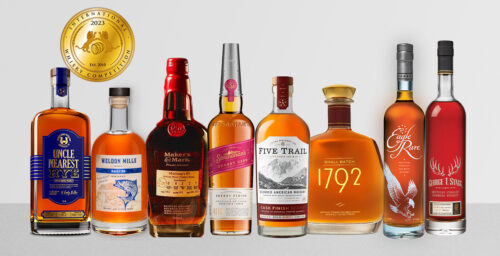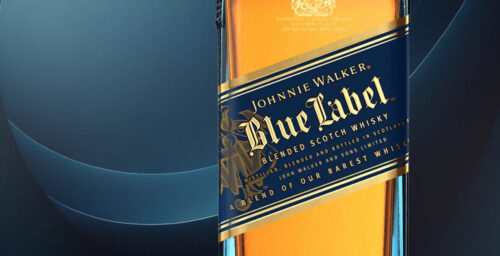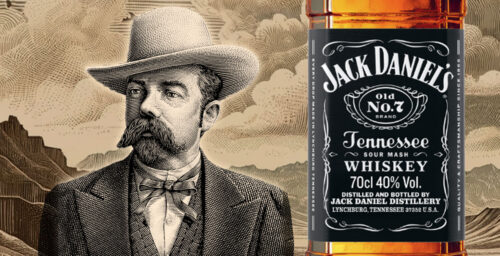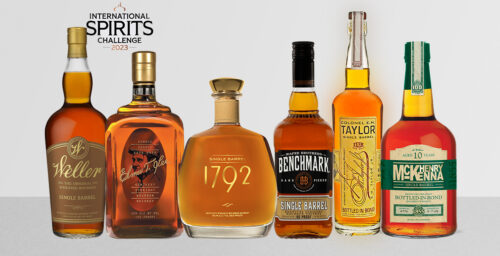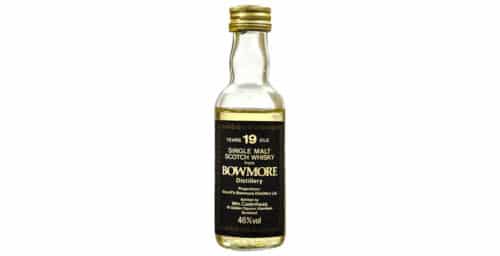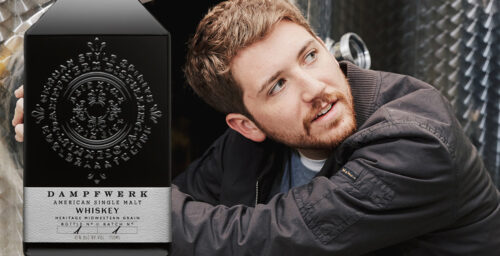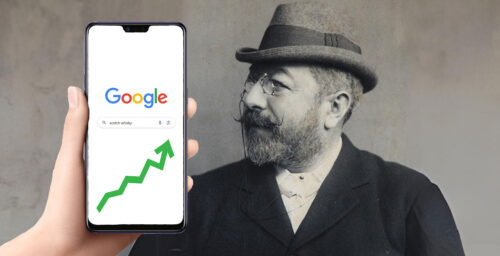Editor’s Note: This guest post comes to us courtesy of International Whisky Competition, and was written by Ron Smith, one of its judges. As a matter of disclosure The Whiskey Wash was awarded Blog of the Year at this competition, but was not influenced by that honor in choosing to publish this article.
I was recently in Chicago judging at the International Whisky Competition (IWC), and I promised I would explain a lot more about this incredible experience and unique competition. First, there truly is no whisky competition in the world like the IWC, and major distilleries and whisky lovers everywhere are realizing that. Here are some of the reasons why…
True blind judging: Judges are not even told the category of whisky they are judging. Whether a Bourbon, a Single Malt Scotch, a Canadian Whiskey, etc., the judges are looking for many of the same major things, Complexity (in aroma and flavor), Balance, Smoothness, Finish, etc. With this format, and unlike many competitions, identifying any given whisky is extremely difficult and therefore it isn’t even an issue considered. We simply judge what is in front of us without bias.
Proven Judging Process: Judges use a researched and proven judging process and score sheet. Nothing like this is being used at any other competition. Not only does this provide a consistent evaluation, but it also provides good, tangible feedback that is provided back to the entrant distilleries (which they truly welcome and appreciate).
Unbiased judges & admin: Unlike many competitions, the IWC does not allow any industry insiders, distillery personnel, buyers, retailers, etc. to participate on the judging panel or in the stewarding, management or other aspects of the competition. All possible conflicts of interest have been eliminated.
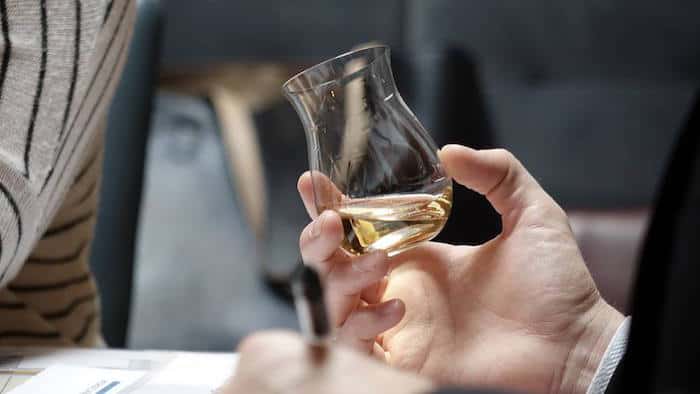
Trained & experienced judges: There are many, many highly knowledgeable whisky experts in the world, but what the IWC focuses on in selecting its judges goes beyond that. Judges must be very experienced in unbiased judging (whether spirits, wine, beer, cocktails, etc.). They must also have formal sensory analysis training, and nearly all of the judges also teach or train on tasting, judging and sensory analysis. In addition, they are trained for the IWC’s unique judging process and vocabulary usage. All of this is vital for maintaining the accuracy, consistency and integrity of the competition.
Consistent, verified & tested judge panel: To ensure accuracy and consistency from year to year, the same 10 judges are maintained. Judges are continually tested to make sure they are judging consistently. Whiskies judged on previous days, or even the previous year, are mixed in among the blind samples just for for the purpose of testing and verifying the judges’ accuracy. Judges who’s consistency slips may not be invited back and new judges added to the panel must be tested.
Results that can relied upon: The results of the IWC are not one person’s opinion, nor are they the agreed-upon consensus of the panel. Each whisky is judged independently by each of the 10 judges, without discussion or agreement. Thus, if a whisky’s final score is high, the majority of the panel must have independently scored it high. In addition, in the Annual IWC Guide, any descriptor notes included must have been stated by at least 4 of the judges. Personally, having judged with this panel for 2 years now, I would trust any of them individually to be able to identify and describe a great whisky, so when the majority of this panel independently agrees on a whisky, it really means something.
Only three awards per category: Unlike my kids’ soccer league and most spirits competitions, everyone does not win! High scoring whiskys are acknowledged, but ONLY three win, taking Gold / 1st, Silver / 2nd and Bronze / 3rd.
Whiskies are archived: Remaining whisky and any extra bottles are archived for future evaluations, verification and comparisons. This is an important and unique aspect of the IWC.
For all these reasons, and others, the IWC is becoming one of the most respected whisky competitions in the world and earning the praises of the industry’s leading distillers. Those distillers are also showing their respect for the competition with their entries, which was approaching 200 this year, and coming from some of the most well known brands in the business.
I am very honored to be a judge on this panel. Having coordinated and participated in many, many competitions over the years, and being a stickler for consistency, fairness and accuracy, I can’t even imagine how to improve this competition. Sebastien Gavillet and his team have done a tremendous job with the IWC!

